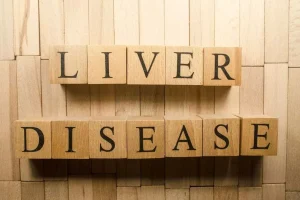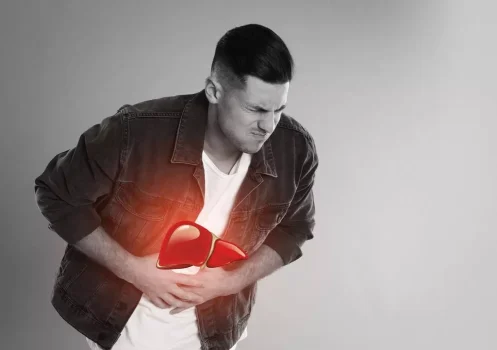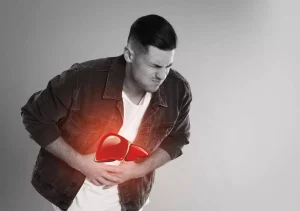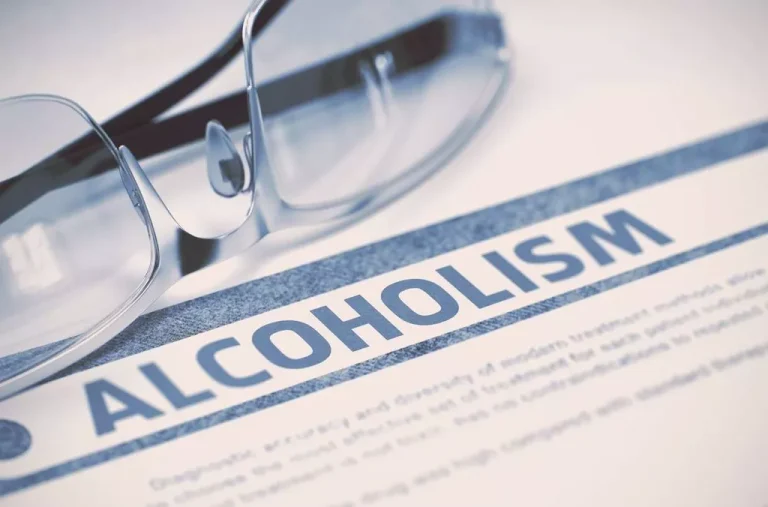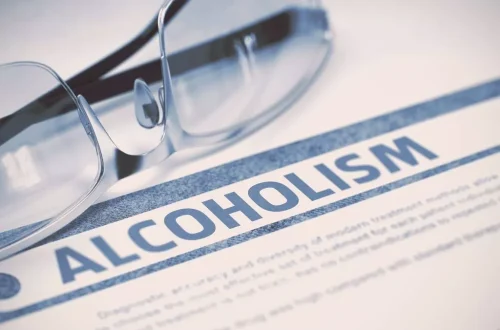If you suspect that you or someone you know may have liver damage from alcohol use, it is important to seek medical attention. Staying hydrated is therefore crucial during alcohol withdrawal. Adequate hydration not only helps to alleviate symptoms of withdrawal, but it also helps to flush out toxins from your body and keeps your body functioning optimally. The medical community often refers to the “four stages of withdrawal” as a roadmap for what someone might expect right when they stop drinking.
Outpatient Treatment
- If you’re continuing to suffer physical symptoms after two weeks of abstinence from alcohol, consult your healthcare provider.
- If symptoms start to develop, seek medical assistance immediately.
- Quitting alcohol leads to immediate effects such as withdrawal symptoms like fatigue, but can also bring long-term health, sleep and mental clarity benefits.
- When you’re addicted to alcohol, your body relies on it to feel normal.
- Moreover, alcohol is known for reducing the time spent in deep sleep stages, which are crucial for your body’s healing processes.
This will lead to improved nutrition, which can profoundly impact your overall health, especially over time. Alcohol causes inflammation in the lining of your stomach, causing bloat and other digestive issues. By your second week, your gut will begin to heal, and many of these issues will start to subside.
It’s Time for U.S. To End Normal Trade Relations With China Opinion
The relationship between alcohol and sleep has been studied since the 1930s, but much is still unknown. One advantage of in-patient detox is that you will be away from your usual drinking triggers and therefore be less likely to pick up a drink to stop symptoms when they begin. You do not have to have reached a crisis point to check into detox. What’s incredible about the relaxation response is how uncomplicated it is to activate.
Medications to Ease Withdrawal Symptoms
When less oxygen and blood flow are reaching the brain, tiredness sets in. You also don’t have to be a heavy drinker or someone who binges on alcohol to experience alcohol-induced exhaustion. Someone who goes to the bar with a friend and has one too many drinks can also experience lethargy the next day. We know this to be true on the basis of the answer to the next question.
- This is the period in which delirium tremens is most likely to occur, which requires immediate medical attention.
- Your urge to drink may be so intense that you can’t think about anything else.
- Most of this inflammation will be gone by your fourth week of abstinence.
- Signs of an impending seizure include tremors, increased blood pressure, overactive reflexes, and high temperature and pulse.
- If you can’t control it, it may lead to a condition called alcohol use disorder.
- Withdrawal constitutes the adjustment process by which the brain and body get back to health and gradually over time recover.
Choose an exercise regime that sits well with your current fitness level. It’s akin to an extreme form of exhaustion, both physically and mentally. Your body and mind are so used to relying on alcohol’s stimulating effect that when deprived of alcohol, they need to relearn how to function without it. And this process consumes a significant amount of energy, causing fatigue. These symptoms usually start within 6 to how to stop drinking 24 hours after your last drink and may last for up to a week. The initial manifestation of this bold decision is going to be the detox phase.
The Effects of Quitting Alcohol on the Body
But I never read anything about the biochemistry of alcohol tolerance, kindling, or the withdrawal timeline. After a week or two of summoning all of my willpower to drink “socially,” I’d still end up with worse withdrawal symptoms than I’d had before. People with severe withdrawal symptoms are likely to experience psychological difficulties for months afterward. After two weeks of abstinence, the benefits of no longer drinking at harmful levels continue to become evident. These reduced cravings can help make it easier to stick to sobriety for the long-term. For the vast majority of people, the physical symptoms of alcohol withdrawal have passed by day seven.

